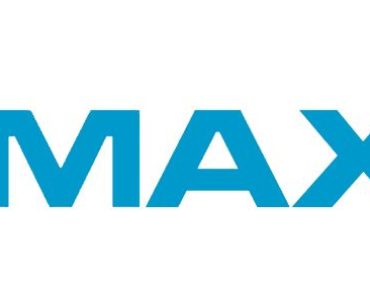In the fast-paced realm of foreign exchange (forex) trading, technological advancements have transformed the landscape, ushering in an era where automation reigns supreme. Forex robots, also known as expert advisors (EAs), have become increasingly popular tools among traders seeking to streamline their operations and capitalize on market opportunities with greater efficiency. This article explores forex robot the burgeoning world of forex robots, delving into their benefits, challenges, and the evolving role they play in shaping the future of currency trading.
The Rise of Forex Robots
Forex robots are software programs designed to execute trades on behalf of traders based on pre-defined criteria and algorithms. These automated systems leverage complex algorithms and historical data analysis to identify trading signals and execute transactions without human intervention. The allure of forex robots lies in their ability to operate 24/7, free from emotional biases, fatigue, or hesitation, thereby potentially capitalizing on market fluctuations with precision and speed.
The rise of forex robots can be attributed to several factors. Firstly, advancements in computing power and algorithmic trading technologies have made it possible to develop sophisticated trading strategies capable of navigating the complexities of the forex market. Additionally, the growing availability of historical market data and the emergence of machine learning techniques have empowered developers to create more robust and adaptive trading algorithms.
Benefits of Forex Robots
One of the primary benefits of forex robots is their ability to execute trades with unparalleled speed and efficiency. Unlike human traders who may succumb to emotions or cognitive biases, forex robots operate based on predefined rules, ensuring disciplined and consistent execution of trading strategies. Moreover, these automated systems can monitor multiple currency pairs simultaneously, scanning the market for opportunities and executing trades in real-time, thereby maximizing potential profits and minimizing losses.
Forex robots also offer the advantage of eliminating the need for manual intervention, allowing traders to automate repetitive tasks and devote more time to strategy development and analysis. Additionally, these systems can operate around the clock, capitalizing on opportunities in different time zones and market sessions, which may not be feasible for human traders.
Furthermore, forex robots can backtest trading strategies using historical data, enabling traders to assess the efficacy of their algorithms and make informed decisions about their deployment in live trading environments. This iterative process of optimization and refinement empowers traders to continuously improve their strategies and adapt to changing market conditions.
Challenges and Considerations
Despite their numerous benefits, forex robots are not without challenges and considerations. One of the primary concerns is the risk of over-optimization, wherein trading algorithms are fine-tuned to perform exceptionally well on historical data but fail to generalize to unseen market conditions. To mitigate this risk, traders must exercise caution when optimizing their strategies and avoid overfitting their models to past data.
Moreover, forex robots operate within a dynamic and unpredictable market environment, where unexpected events or anomalies can lead to significant losses. While these automated systems can be programmed to incorporate risk management techniques such as stop-loss orders and position sizing rules, traders must remain vigilant and monitor their performance closely to prevent adverse outcomes.
Additionally, the proliferation of forex robots has led to a crowded marketplace, with countless options available to traders, each claiming to deliver exceptional results. However, not all forex robots are created equal, and distinguishing between legitimate offerings and scams can be challenging. Therefore, traders must conduct thorough due diligence and research before selecting a forex robot, considering factors such as transparency, track record, and customer reviews.
The Future of Forex Trading
As technology continues to advance and algorithms become increasingly sophisticated, the role of forex robots in shaping the future of currency trading is poised to expand further. These automated systems are likely to become even more integrated into the trading process, providing traders with enhanced capabilities for data analysis, pattern recognition, and decision-making.
Furthermore, advancements in artificial intelligence (AI) and machine learning hold the potential to revolutionize the forex market by enabling forex robots to adapt and learn from experience, thereby continuously improving their performance and responsiveness to changing market conditions. This evolution towards autonomous trading systems could lead to a paradigm shift in the way currency trading is conducted, with human traders playing a more supervisory role, overseeing the operation of sophisticated AI-driven algorithms.
In conclusion, forex robots represent a powerful tool for traders looking to navigate the complexities of the forex market with greater efficiency and precision. While they offer numerous benefits, traders must remain vigilant and address the challenges associated with their deployment. With careful consideration and strategic implementation, forex robots have the potential to reshape the future of currency trading, ushering in an era of automation and innovation in the global forex market.





